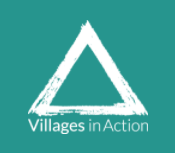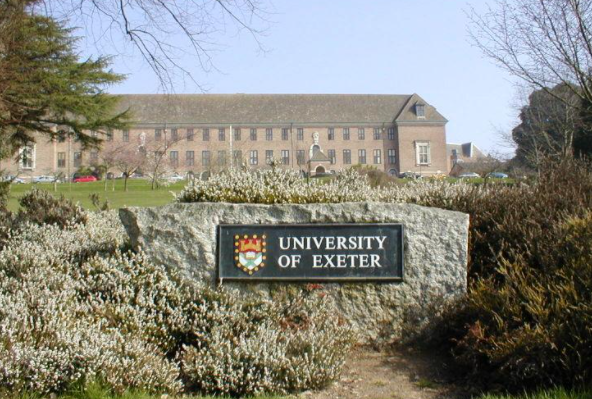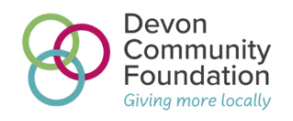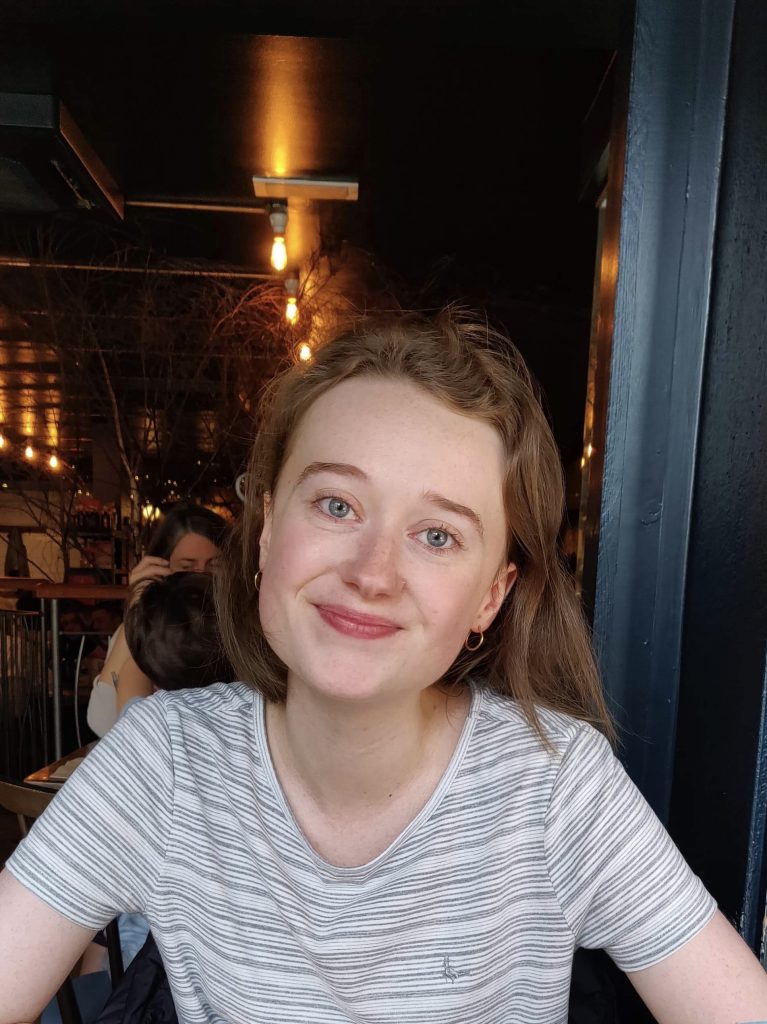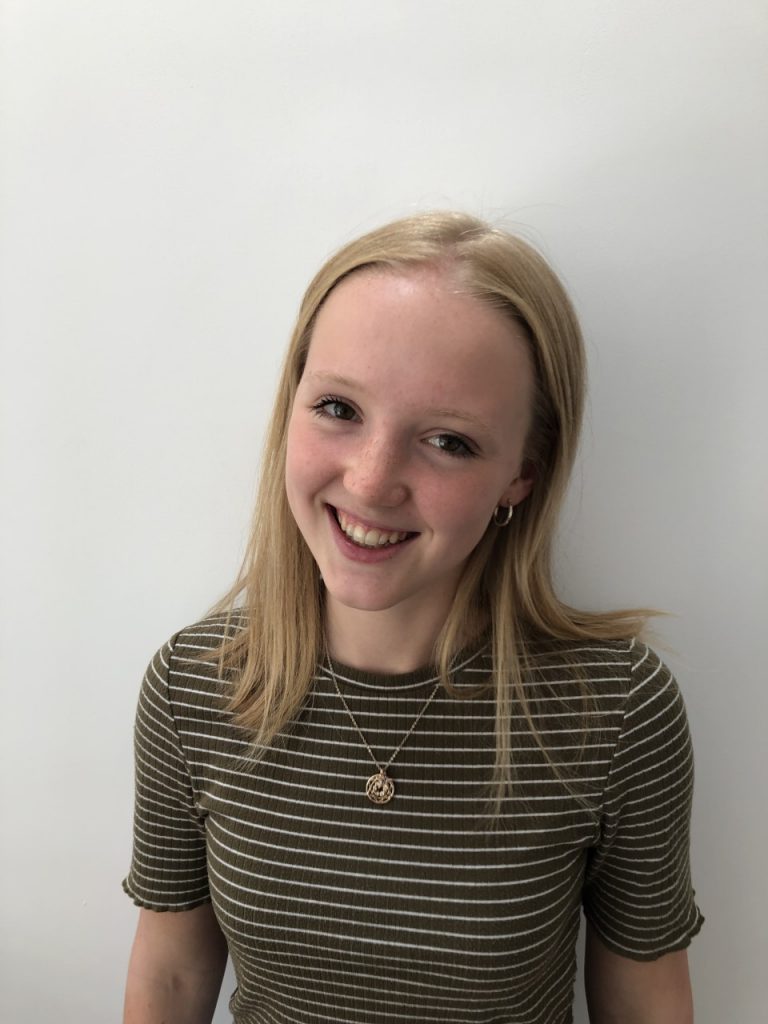“The Professional Pathways Programme is one of the best things that I have ever done!”
During the height of Covid-19, I very thankfully managed to get some experience as a cataloguing assistant with the archives through the Professional Pathways Programme.
I was never totally aware of the archives until we had a small tour of the department as a part of one of my modules in first year, where we were able to learn more about the archives and how they can be very useful for writing an essay or research (no matter what you’re studying- there is definitely something for everyone!). However, due to Covid-19, my interaction with the archives became greatly constricted. I knew that they had a few resources online, but the quality and importance of some physical resources felt much more beneficial to me. The archives are far much more worthy and important than you may think- it’s like having an interactive museum exhibition on your doorstep, and that is something that not everyone is able to experience; you might as well make as much use of it as you can whilst being at university- it will pass you by quickly!
Doing an internship through the Professional Pathways Programme was something that has genuinely helped me beyond what I thought was possible. It sounds cliché, but the way that it helped me build up my confidence, it gave me an insight into a workplace I wasn’t familiar with, I was able to think about where my degree could take me after graduation; the list goes on and on. I now know about different career paths and masters programmes that will suit my degree. The internship isn’t just good for building up skills and learning new ones- it’s a great way to meet other students and people! Even more so, it’s something good to have on your C.V. and a good starting point for when you want to endeavour into other internships or jobs.
I was worried about the challenges that a remote internship would have, but I learnt within the first few days that there are several different things that I could do to make the most of my internship, but also how to do effective work whilst at home. Firstly, understand that it will take you time to adjust to a new way of working; Covid-19 meant that all of us had to find new ways of working and having to change our routines dramatically. You might find that you are able to find a routine for yourself quickly, but you also may struggle and find it difficult- both are okay, and it sometimes takes a little while to find a routine that is effective for you! Setting up working hours is extremely useful. From my own experience, I had flexible hours, but I knew that I wanted to start and end at specific times. Other internships may have fixed hours, but even then, it is useful to adjust your routine around those hours, whether that’s going to bed earlier to get up earlier or changing when you eat lunch. Secondly, try to find an area that you can set up as your working space. Again, this may not be possible for everyone, but even having a specific spot on the sofa that’s reserved as your working space will help! Another key piece of advice is to take breaks- have a snack, watch some daytime telly, stay hydrated; these are all really important things you need to remember in order to stay focused. My final piece of advice is knowing when to stop working and take some time for yourself. Throwing all of your efforts into your internship is all well and good, but you also need to prioritise your own needs and health first. Having both of these well balanced will do you much good than it will do you harm.
Overall, doing an internship through the Professional Pathways Programme is one of the best things that I have ever done. It was so hugely beneficial (and gave me something to do whilst stuck in lockdown!). I could not recommend it more, and I hope that I can do another one too- if anyone will have me!

